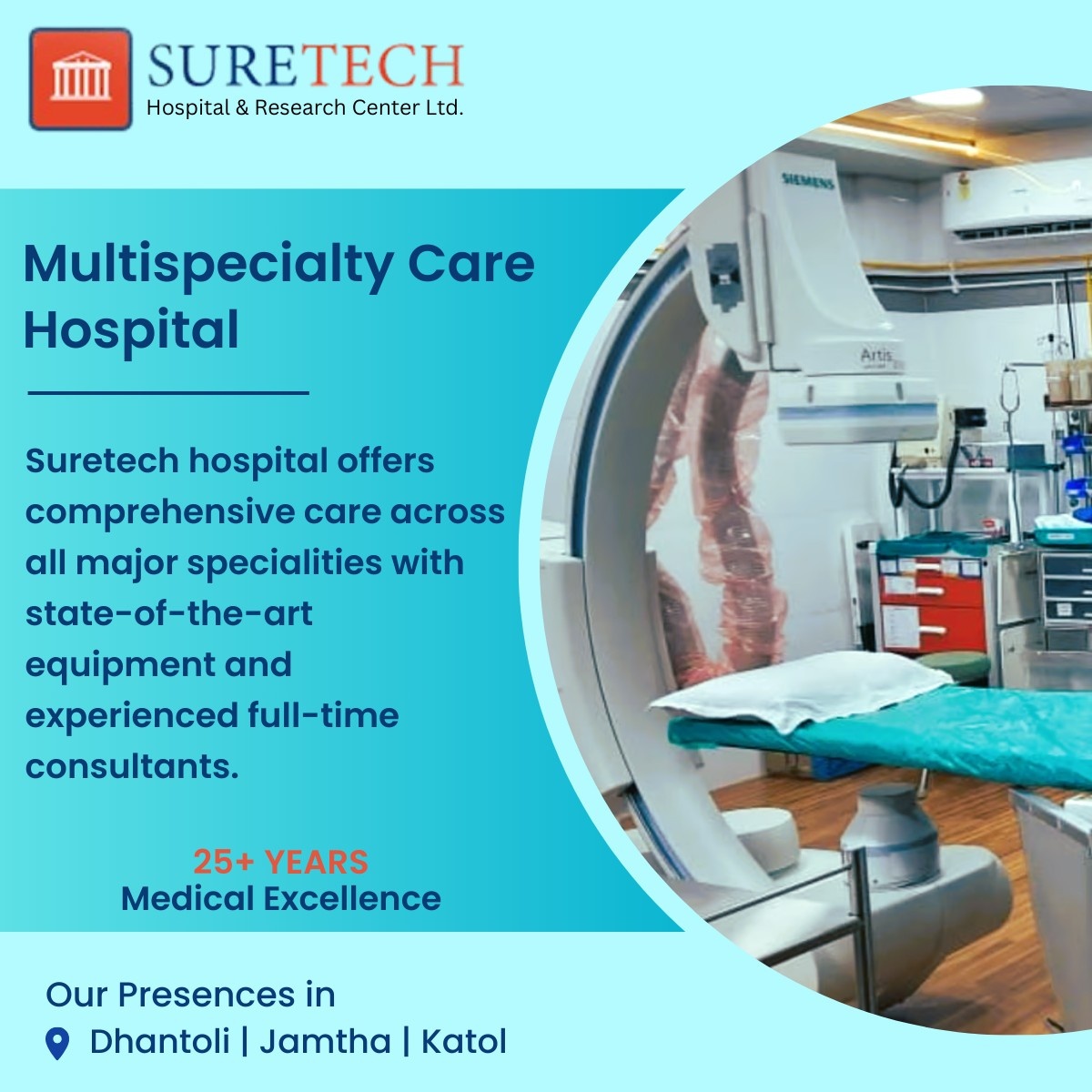Call for Early Diagnosis Amid Surge in Sickle Cell, Thalassemia Cases in Nagpur
-l-thumb.jpeg)
Nagpur, India: Health experts in Nagpur are concerned over a noticeable rise in cases of sickle cell anaemia and thalassemia, particularly among tribal and rural populations in the region.
Doctors from major hospitals, including the Government Medical College and Hospital (GMCH), report an increase in patients suffering from these inherited blood disorders. These conditions affect the body’s ability to produce healthy red blood cells and can lead to severe complications if left untreated.
According to experts, improved testing and awareness have led to the detection of more cases. However, many patients, especially in remote areas, still remain undiagnosed due to lack of screening.
“Sickle cell and thalassemia are serious but manageable conditions,” said Dr Vijay Khedkar, a senior haematologist. “The key is early diagnosis and proper medical support. Without awareness and timely screening, many families continue to suffer in silence.”
Doctors and health workers are now pushing for mandatory screening in high-risk communities and better counselling services. Many affected families are unaware they carry the genetic trait, which increases the risk of passing it on to children.
In response, NGOs and health departments have launched awareness campaigns in schools and villages. Free screening camps and blood tests are being organised in tribal belts and underprivileged areas to detect cases early.
The central government’s National Sickle Cell Elimination Mission is also underway, with a goal to screen millions of people by 2030. In Maharashtra, efforts are being made to boost testing in districts like Gadchiroli, Chandrapur, and Amravati.
Health officials urge couples to undergo genetic testing before marriage, especially in regions where these disorders are more common. With early diagnosis, proper medication, and regular monitoring, patients can lead healthier lives and avoid serious complications.



-t-thumb.jpeg)
-t-thumb.jpeg)



-t-thumb.jpeg)
-t-thumb.jpeg)


-t-thumb.jpeg)